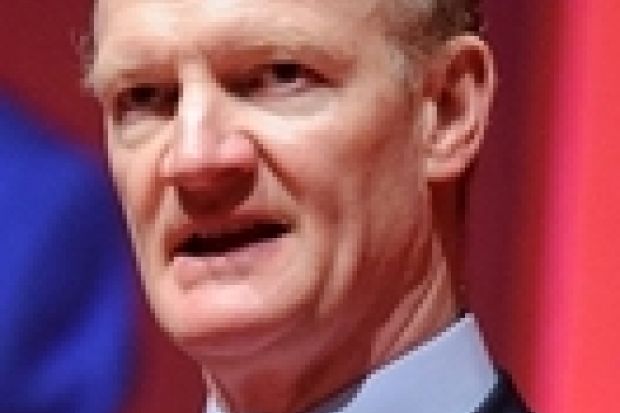Addressing an analysis in the London Review of Books by Howard Hotson, an expert in early modern intellectual history, the universities and science minister said proposals in the White Paper would “strengthen the institutional arrangements which remain distinctive feature of our education system” and were “a long way from America”.
In a detailed letter to the LRB, Mr Willetts argues that organisations such as the Quality Assurance Agency and the Higher Education Statistics Agency will uphold academic standards and provide independent scrutiny, as opposed to lighter regulation in the US.
The universal student loan scheme will also be entirely different to the US system, where many students have to take on private loans to finance their studies, he adds.
“I’m not advocating some kind of Wild West free-for-all,” Mr Willetts writes.
“There must always be regulation and a clear legal framework, especially where there is a significant public subsidy.”
His letter follows an article by Professor Hotson published in the LRB in May, in which he said the dominance of Ivy League institutions in university world rankings created a “misapprehension” of the overall health of US higher education.
He claimed this delusion had afforded the UK government false justification for policies of “competition, marketisation and privatisation”.
Accusing Professor Hotson of painting a “crude caricature” of the government’s policy, Mr Willetts says: “I plead guilty to believing in choice and competition.
“But they must always be rooted in a national culture, strong institutions and a set of moral understandings.
“They should never jeopardise professional integrity and professional judgement.”
He adds that student numbers will “plateau” following the changes, due to come into effect in 2012.
“I believe that with money tight and the demographic decline in young people, we may well be on a plateau for a while,” Mr Willetts writes.
“But over time I hope, and I hope Hotson does too, that more people will have the chance of going to university, one of the things that makes ours an advanced, progressive society.”
Register to continue
Why register?
- Registration is free and only takes a moment
- Once registered, you can read 3 articles a month
- Sign up for our newsletter
Subscribe
Or subscribe for unlimited access to:
- Unlimited access to news, views, insights & reviews
- Digital editions
- Digital access to THE’s university and college rankings analysis
Already registered or a current subscriber? Login
